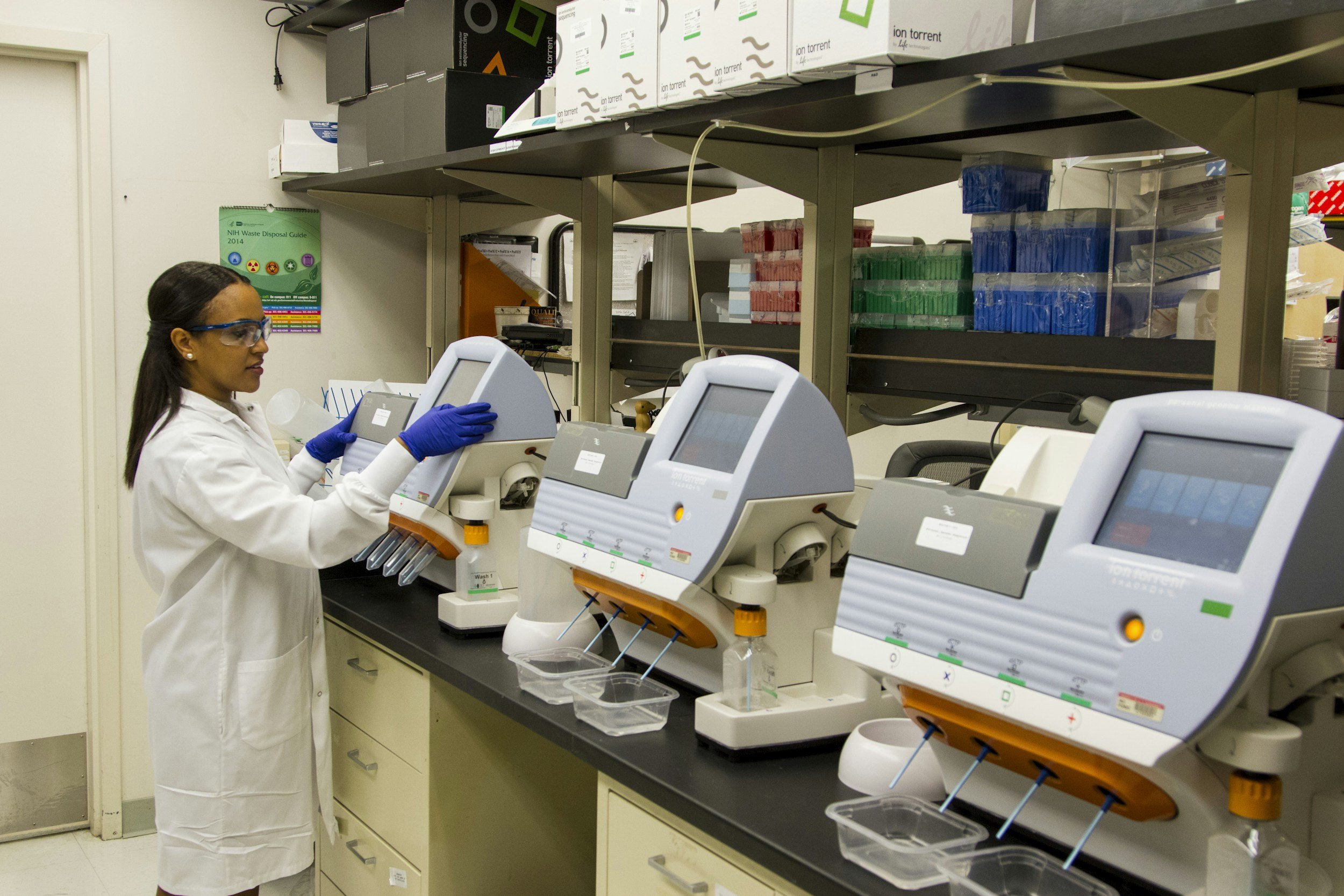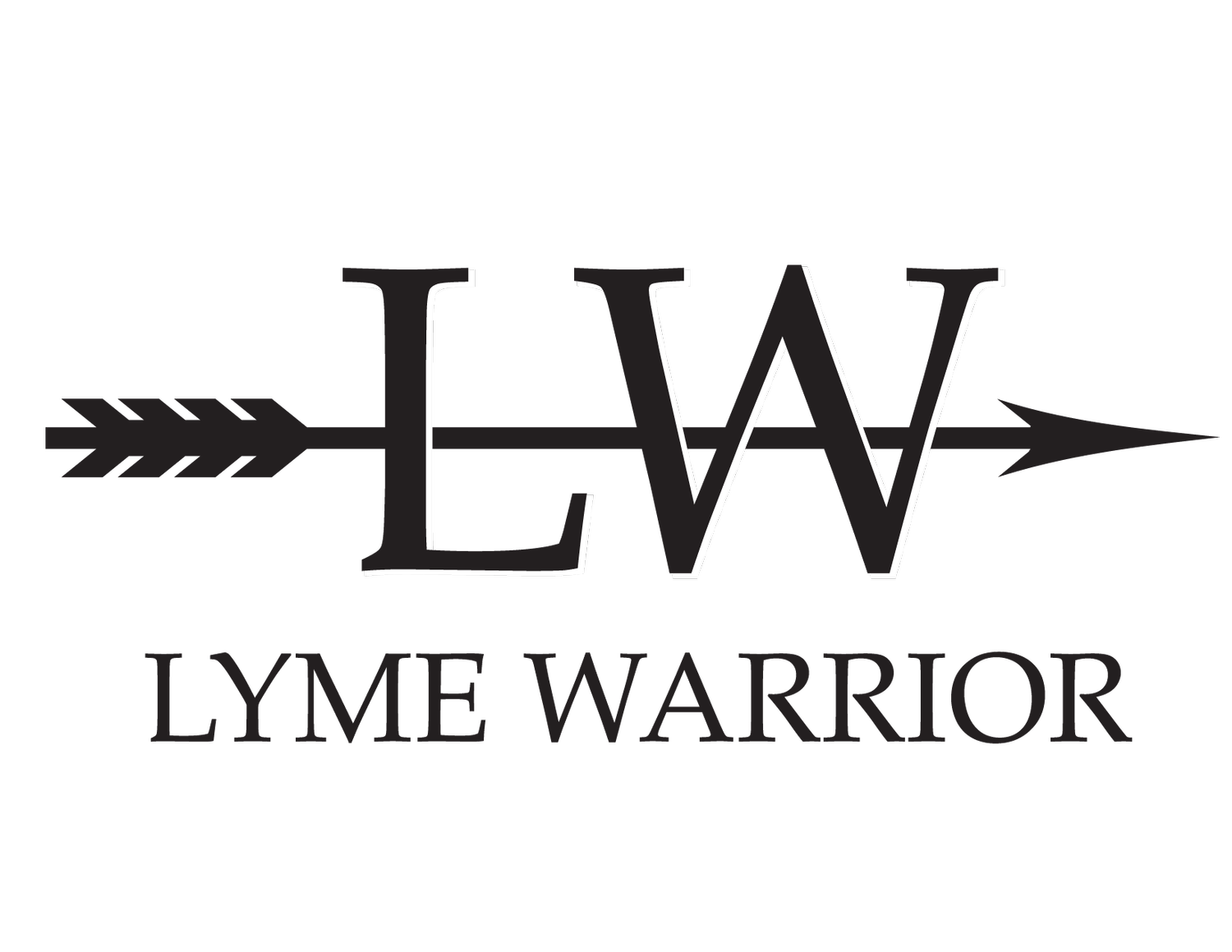
Lyme Disease Testing
Traditional Lyme Disease Testing Misses The Mark
But there are testing solutions, for better testing scroll down.
The most common Lyme Disease testing is the CDC recommended tests.
These tests are less than 50% accurate! These include:
ELISA test for Lyme Disease.
Western Blot.
Both are indirect tests; in that measure the immune system’s response to an infectious agent instead of looking for evidence or components of the agent itself.
Many physicians incorrectly follow the CDC definition case of Lyme disease to make a diagnosis. However, these tests were originally designed for only one single species of Borrelia. The tests were never intended to be used in making clinical diagnosis.
These “standard” Lyme tests can give false negatives between 50% and 80% of the time, depending on which study you are looking at. Even on the CDC website, they state, “Test results for Lyme disease should always be interpreted in the broader context of a person’s illness and medical history, exposure likelihood, and other test results.” Because of this outdated method, it is very common to test negative, but still have symptoms.
Despite this information, doctors are still relying on laboratory tests to definitively determine whether a patient has the disease. This current method of “diagnosing” has serious and sometimes deadly consequences for patients who indeed have Lyme disease, but do not receive treatment due to a negative lab result. If you test negative, but still have symptoms, we recommend utilizing one of the labs below that are historically more accurate with Lyme Disease testing. (Though a false negative is still possible).
High Accuracy Lyme Disease Tests
There are several private labs that offer Lyme disease and other vector borne testing.
These labs are NOT CHEAP but they are top of the line. Although private labs usually do not accept insurance and testing is “out of pocket”, you may be able to file with your insurance for partial reimbursement. You may be denied, but it is worth the shot!
IGENEX
Igenex - The most popular is IgeneX. These guys have developed several industry leading tests. According to their website, IGeneX tests are based on the latest findings of Lyme disease and other tick-borne illnesses to provide the most complete and accurate results for diagnostic purposes. They claim to test for more species than any other lab. Get the basic Igenex panel here or work with your LLMD to get advanced Igenex testing.
VIBRANT WELLNESS LABS
Vibrant Wellness Labs - While IgeneX is still in the lead, Vibrant Wellness Labs seems to be competitively right behind them. In 2018, Vibrant launched a revolutionary new test that is able to detect Lyme and other co infections at a much more sensitive level than competitors, yielding the most accurate tick borne infections test on the market. They continue to say, Vibrant Tick Borne Diseases panel is the first of its kind to be run on a silicon micro-array platform, providing the highest level of specificity and sensitivity in the industry for detecting tickborne diseases. Vibrant is currently only available in the US and cannot ship to the state of New York.
DNA ConneXions "Lyme Panel detects the causative agent of Lyme Disease, Borrelia burgdorferi, in addition to 10 other common vector-borne pathogens". According to their website, their Lyme panel kit tests for four different genes that are found in Borrelia burgdorferi and 8 common Lyme disease vector-borne co-infectors and other organisms. DNA ConneXions is currently unavailable to the state of New York and encourages that if you live in NY to file a complaint with your governor’s office.
Armin Labs - ArminLabs is running is called Tickplex that has the ability to test for IgM and IgG antibodies for 3 species of borrelia, it’s capable of detecting persistent forms of borrelia and tests for a number of co-infections. It has higher sensitivity (98%) and specificity (95%) compared to current testing. The price is $ 219.
Tickplex Plus includes the tests for borrelia included in Tickplex Basic and 10 co-infections: Babesia microti, Bartonella henselae, Ehrlichia chaffeensis, Rickettsia akari, Coxsackievirus, Epstein-Barr virus, Human parvovirus B19, Mycoplasma fermentans and Mycoplasma pneumoniae. All this in done with a single blood sample. The price is $ 799.
Galaxy Diagnostics is another private lab offering advanced testing for Lyme and other vector-borne illnesses. Their website proudly states that they offer the most sensitive and specific diagnostic tests and testing strategies that “go beyond the limits of detection” for emerging infectious diseases. “We are deploying sample enrichment technologies that power direct detection of slow-growing, low abundance flea and tick-borne infections that often fly under the radar of conventional testing.”
Other Rare Testing for Lyme Disease
There are other tests available.
Polymerase chain reaction (PCR) testing is considered “direct” testing because it detects the actual bacteria, rather than just the immune system’s response to it. Though PCR testing is more accurate than the Western Blot, they can still produce false negatives due to the Lyme bacteria being sparsely dispersed in the body, therefore may not be present in the given sample.
Lyme Disease Antibody Testing helps identify what organisms are causing a disease in a patient by looking for unique proteins. These tests can be taken from fluids such as blood, urine, or joint fluid.
Culture tests take a sample of the patient’s blood or other fluid and attempt to grow Lyme spirochetes in a special lab environment to detect the bacteria. While these may offer more accurate testing, they are all still imperfect. There is no current test that offers complete reliability.
Not sure about testing? Visit our Symptoms page
Lyme Disease by definition is a clinical diagnosis. Meaning tests are not 100% reliable. Take our symptoms questionnaire on this page to see if you are a likely candidate for Lyme Disease.
Positive Lyme Disease Test- Now What?
Getting a positive diagnosis can be rare; even though Lyme Disease itself is far from rare. So, what happens once you are finally diagnosed? We know that it can be overwhelming, especially with so much contradicting information out there. That’s why it is our mission at Lyme Warrior, to provide free, accurate information and resources. Some helpful pages to check out after a positive diagnosis are Lyme Disease 101, Lyme Disease Symptoms, Lyme Disease Treatment, and Lyme Disease Detox Methods.
We are not medical professionals and cannot recommend any specific testing. Please consult your doctor to find the right test for you and your family.
FAQS About Lyme Disease Testing
-
See above for recommended testing. Including Igenex & Vibrant labs.
-
Lyme Disease is a clinic diagnosis. Testing can help support a diagnosis but even the CDC acknowledges testing is flawed and a clinic diagnosis should be given by a Lyme Literate doctor.
-
See above for laboratory testing options for accurate detection of Lyme Disease.
-
Lyme disease tests may produce false-negative results. If you continue to experience symptoms despite negative test results, it is advisable to consult with a healthcare professional who specializes in Lyme disease. They may consider clinical symptoms, medical history, and additional tests to guide diagnosis and treatment decisions.
-
Yes, Lyme disease testing can frequently produce false-negative results. False-negative results can happen if the test is performed too early in the infection before detectable antibody levels develop OR too late after the infection has moved to the tissue. Clinical evaluation and consideration of symptoms are crucial when interpreting test results. A false-negative can also be produced simply because the testing is outdated and is only for one strain of the disease. There are over 300 strains that have been identified, making the testing inaccurate at times. Many patients test negative, but still have symptoms.
-
The two-tiered testing approach (EIA followed by Western blot) is the standard method for diagnosing Lyme disease. However, some laboratories may offer alternative tests, such as the ones listed below:
Polymerase chain reaction (PCR) testing is considered “direct” testing because it detects the actual bacteria, rather than just the immune system’s response to it. Though PCR testing is more accurate than the Western Blot, they can still produce false negatives due to the Lyme bacteria being sparsely dispersed in the body, therefore may not be present in the given sample.
Lyme Disease Antibody Test help identify what organisms are causing a disease in a patient by looking for unique proteins. These tests can be taken from fluids such as blood, urine, or joint fluid.
Culture tests take a sample of the patient’s blood or other fluid and attempt to grow Lyme spirochetes in a special lab environment to detect the bacteria. While these may offer more accurate testing, they are all still imperfect. There is no current test that offers complete reliability.
-
Remember, Lyme Disease has 3 stages therefore, Lyme disease may not be immediately detectable through testing after a tick bite. It takes time for the body to develop detectable levels of antibodies. Testing too early, within the first few days after the bite, may result in false-negative results. It is generally recommended to wait at least a few weeks before testing, allowing the immune response to develop.
-
Yes, there are some limitations and challenges associated with Lyme disease testing. These include the potential for false-negative, especially during the early stages of infection. Additionally, the interpretation of test results can be complex, and clinical evaluation is essential for accurate diagnosis.
-
If you suspect you have Lyme disease but encounter hesitation from your healthcare provider, it is recommended to seek a second opinion from a Lyme-literate healthcare professional or order your own at home testing listed above.


